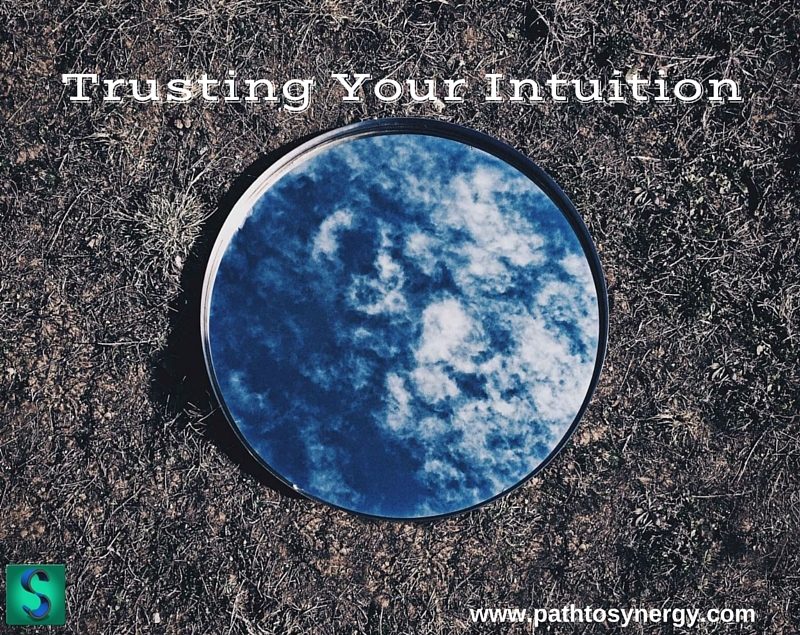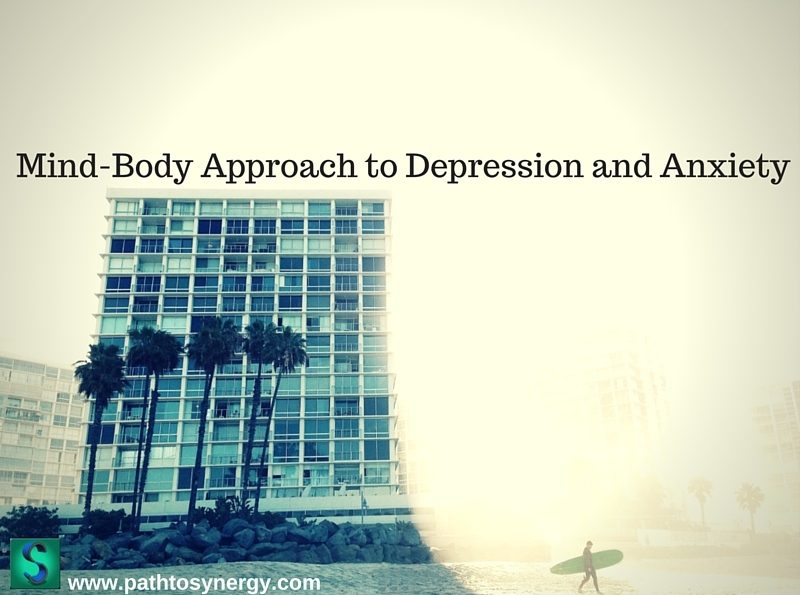Trusting Your Intuition
Here is a challenge I’ve been having this week. How do I determine the difference between what my gut says vs. an old pattern I have or the difference between recognizing an intuition vs a fear? So why not write about it. There are definitely some questions I find helpful when exploring if/when to trust your intuition.
But before we get into tips let’s look at some research around intuition. According to an article on Psychology Today – two different studies reference people’s ability to “intuit” correct answers, in very different scenarios, before the answers were provided. This was measured by a physical response that was happening as a reaction to the answer.
Another study looked at intuition as it relates to major life decisions, such as buying a car. In some studies it shows that people who have trusted their intuition first often end up happier than those that analyzed thoroughly and decided against their own first instinct. However, there is of course some debate about this. Psychologists and scientists continue to debate the nature of intuition.
Some believe that intuition comes from a reptilian part of the brain that is tapping into some unconscious awareness of danger. While others look at intuition as a tapping into the unconscious, but in a way that looks at stored information that is available to us but perhaps lost from our conscious mind.
Regardless of the debate, it seems that there exists large bodies of literature that at least agree on one thing – your intuition is worth listening to, for a variety of reasons.
I often live by my intuition…perhaps too much at times. So finally, here are some strategies that I think are helpful to explore when looking at ones intuition –
Evaluate how this relates to old patterns –
To consider trusting your intuition vs an old pattern of decision making, evaluate it. Does the decision fit into a habit or pattern for you, or is it an instinct that you have?
Fear wrapped up in intuition –
When there is a hunch towards a decision, make sure that the hunch is not just preventing a direction that may be unfamiliar or uncomfortable. Of course, this should be weighed with reason, but determining if it is intuition or fear that is driving the decision may be beneficial.
What is the impact of this decision in 5 years or 20 years –
Trusting your intuition can be hugely beneficial! So can weighing out the implications of your decisions. For instance, if this decision won’t make that big of a difference in 5 years, then perhaps it’s ok to move forward. On the other hand, combining intuition with some logic may be worth exploring if this decision will impact you in 20 years.
If I don’t trust this intuition will the result be regret or potential failure –
Remember, logic and reason is great, but so is taking risks. Ask yourself if the decision will result in feeling scared, or regretful for not doing something different. A little fear isn’t necessarily a bad thing. A great quote by Lucille Ball –
“I’d rather regret the things I’ve done than regret the things I haven’t done”
How has my intuition been accurate in the past and where has this led me –
Looking at past gains and failures may be advantageous. Making a list of the times intuition has led to positive results may help to instill some confidence in trusting yourself.
How has intuition worked for you? I would also be curious to hear from anyone who chooses not to trust their intuition. Please share or comment below.
Thanks,
Michael


